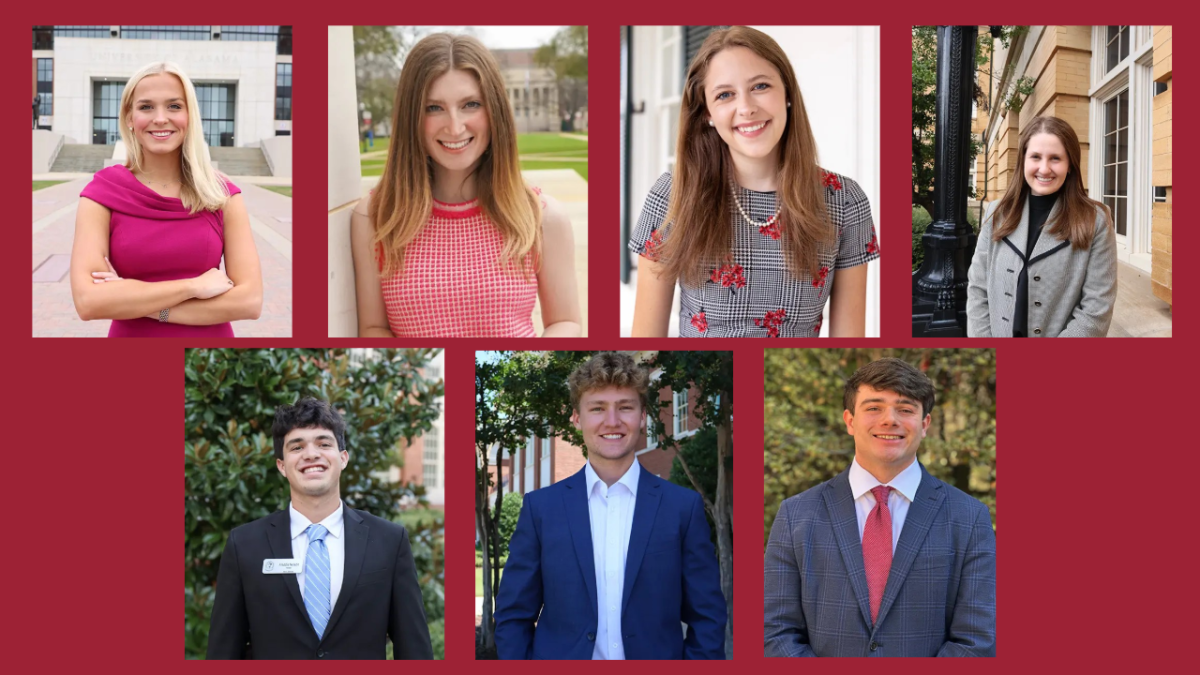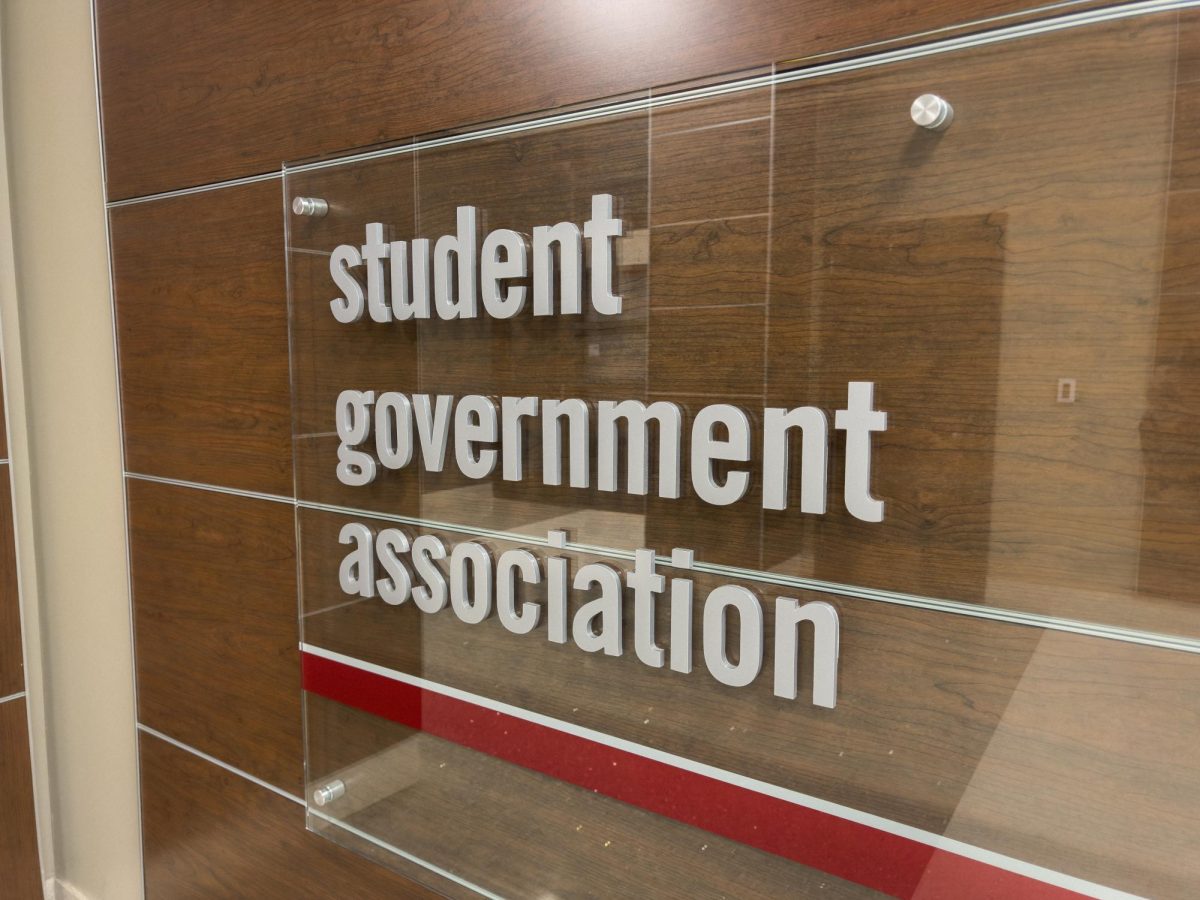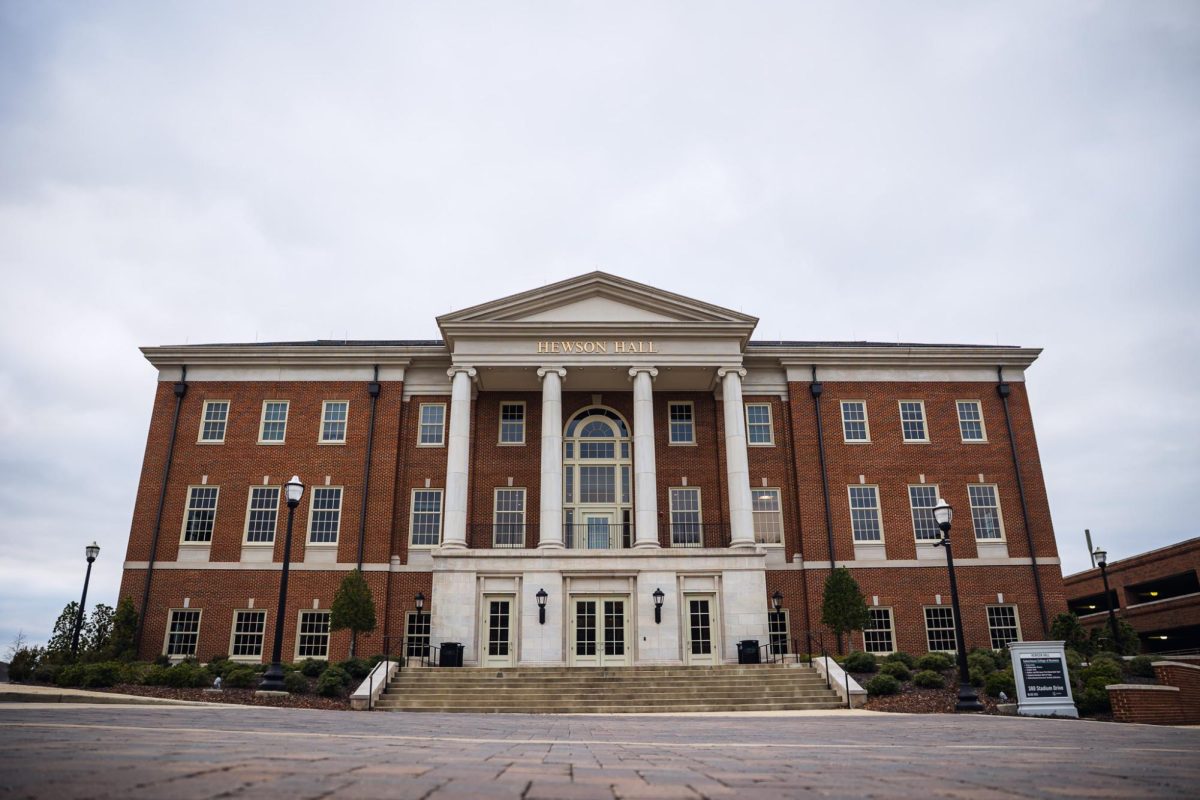The University of Alabama’s enrollment surpassed 40,000 students for the first time in school history for the 2024-25 academic year. However, for the first time in three years, the total enrollment of first-time undergraduate students has declined.
This decline, according to the U.S. News & World Report, is a trend across the nation, with public and private four-year institutions seeing an average first year enrollment decline of 5%.
According to the Brookings Institute, changes to the Free Application for Federal Student Aid, or FAFSA, led to unforeseen difficulties for students applying to universities, which could have impacted enrollment.
The changes were spurred by the FAFSA Simplification Act in 2021, which started the three-stage process. The final stage of the simplification saw problems, and the launch of the 2023-24 form was delayed from Oct. 1 to Dec. 30, 2023. Without their FAFSA paperwork completed, potential students were likely unsure how large or little their aid packages would be, not just for the University, but all schools they applied to.
This delay in the launch had a significant impact on applicants as it caused major changes in their timelines and processes. While some schools adapted and allowed students to apply for scholarships without filling out the form, a lot of students faced significant waiting periods trying to determine where they could attend.
“In the long run, I had to wait longer than expected,” said Bella Wolfe, a freshman majoring in music education. “I was able to apply and commit to UA even with the delay, but it was stressful.”
Nationwide, this holdup caused a decline in the number of people who actually filled out the form. The National College Attainment Network tracks the percentage of students who fill out the FAFSA annually, and from 2023 to 2024, there was a 9.6% decline in completions.
The University’s priority scholarship deadline for the 2024-25 application cycle was on Jan. 10, just 12 days after the opening of the FAFSA form. Students can still receive merit-based scholarships from the University without filling out the FAFSA form. However, some students, who may have needed both scholarship money and federal aid to cover the cost of attendance, leading to additional concern. Consequently, these delays in decisions also impacted things like housing applications and more.
“The delays with the form forced me to take a back seat on applying for housing and parking,” said Adrian Austin, a freshman majoring in computer science. “I didn’t hear back for a couple months, though around April is when I properly submitted the forms.”
Despite these application issues, The University of Alabama did see growth in a couple key areas, one of which was in-state first-year students. There was a 7.9% increase in this group, bringing an all time high of 3,434 freshman. This marks the University’s /”sixth consecutive year of growth among this group, with the in-state growth now outpacing the state’s population growth.
The push for in-state students has been a key focus for the University for many years now, and one group is working to help carry out that goal. Vision Days is a on-campus initiative organized by the Center for Community-Based Partnerships, and its main focus is to help students from rural and underrepresented areas of Alabama experience the campus and learn about the college application process.
According to the official Vision Days website, the effort has helped over 3,500 students experience campus, with 629 of those students going on to submit an application to the University.
Beyond the Capstone becoming a target location for in-state students, it is also becoming a target location for diverse populations. The University achieved a record number of minority students, reaching 10,111 in 2024, which was an 8.2% increase from 2023.
While enrollment for minority students increased, a new Alabama law prohibited efforts of diversity, equity and inclusion in public schools and universities by banning the teachings of “divisive concepts.” The law was signed by Gov. Kay Ivey March 20, 2024 and went into effect Oct. 1. Despite the new law, some students believe that campus will continue to become a place where diversity can prosper.
“I think that there is a safe space for everyone, no matter what kind of diversity you bring to campus,” said Jacob Robleto, a freshman nursing major. “There’s always someone here dealing with the same things as you, and once you find them, it’s a great connection to have.”
The University of Alabama System, made up of the University of Alabama, the University of Alabama at Birmingham and the University of Alabama at Huntsville also released a statement shortly after the bill’s passing reconfirming the schools’ commitments to being “welcoming and supportive environments that foster open thought, academic freedom and free expression.”
“This priority will remain,” the statement said. “We recognize differences strengthen our campuses and help us successfully prepare students to live and work in a global society. We remain committed to recruiting and retaining outstanding students, faculty and staff from all backgrounds, providing open and equal access to resources and opportunities, and equipping all campus community members for success at our universities and beyond.”
Applications are now open for the fall 2025 semester, as the University hopes to once again increase enrollment.









